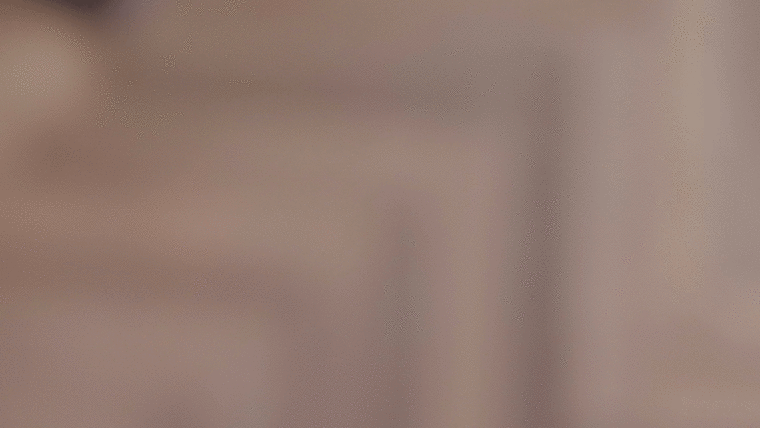It was AP exam season. I was sleep-deprived, stressed and burnt-out. In addition to devoting hours to studying for AP exams, I was managing my workload from other classes and crumbling under the pressure of an upcoming international table tennis tournament. Some days, I didn’t even feel like brushing my teeth. I no longer spent any time with my family.
My mind and body just weren’t in the right place — but I felt like I had to continue pushing myself to get the results I wanted and the outcome that was expected of me. So, I spent every spare second in the library, cramming in last-minute notes. I knew this wasn’t healthy, but I continued to prioritize numbers over my mental and physical health. This behavior wasn’t unusual: the burnout and deterioration of my emotional well-being began earlier that year when I started spending every weekend at home studying or going to table tennis practice, rather than finding any time to have fun with friends or preserve my own peace.
During this time, I may have looked fine on the outside. I kept all of my fears and negative feelings buried. I never told my parents — not simply because I’m a reserved person, but because mental health is a stigmatized subject in Asian American communities. Although I never discussed mental health specifically with my parents, I could feel the taboo permeating our household. I remember the almost mocking tone in which some of my family members reacted to tennis phenom Naomi Osaka’s withdrawal from the French Open, citing her mental health issues. I remember hearing, “What is there to be sad about? She’s winning everything.” At the time, I laughed, wondering the same thing. Little did I know, I would soon face a similar struggle.
This stigma surrounding mental health in the Asian American community is largely due to the model minority myth: the cultural expectation placed on Asian Americans as a group that each individual will be: academically gifted, hardworking, economically successful and self-sufficient, living the “American dream,” — all while appearing obedient. I internalized this mythical characterization of Asian Americans, aiming to be “perfect” at everything. I felt ashamed of the privileges I had been afforded that my parents did not have in India, and I needed to prove myself. So, I worked tirelessly to prove my intelligence, even when my mind couldn’t realistically handle the pressure.
Ultimately, I have learned that this stereotype is harmful to the mental health of an entire community; Asian Americans are less likely to seek out care for mental health issues — three times less likely than their white counterparts. And this is not the only issue that the community faces. Many mental health care professionals are ill-equipped to address the impact of stereotypes like those perpetuated by the model minority myth. As a result, they may unknowingly downplay the impact of microaggression (and more subtle instances of discrimination).
To those who are struggling, I have some advice: don’t allow an unhealthy and misguided characterization of your community stop you from getting care. After all, you’re a unique individual whose problems are valid. It is not your responsibility to convince your family or an entire community that your struggle is worthy of attention and care. Mental health is real. Mental health struggles are common. There is nothing to be ashamed of.
Now, I am taking the time to care for myself. I may not always be productive, but watching Netflix is exactly what I need right now.
This story was originally published on NAMI.org
This is a personal story which was written in the author’s personal capacity. The opinions expressed are the author’s own and do not reflect the views of different-stories.



